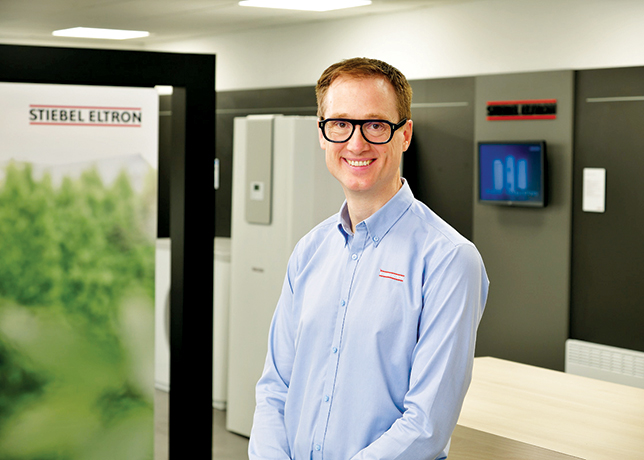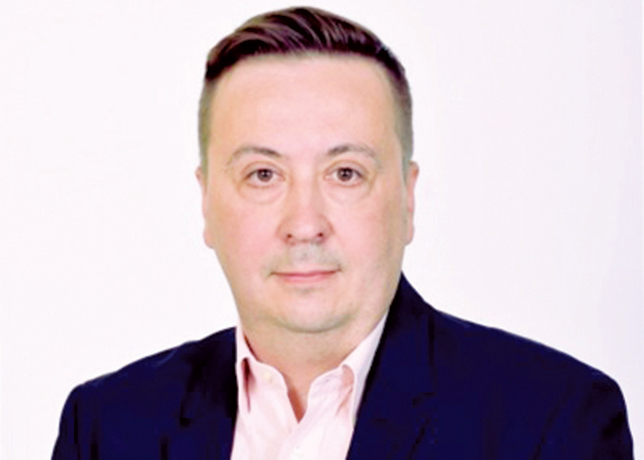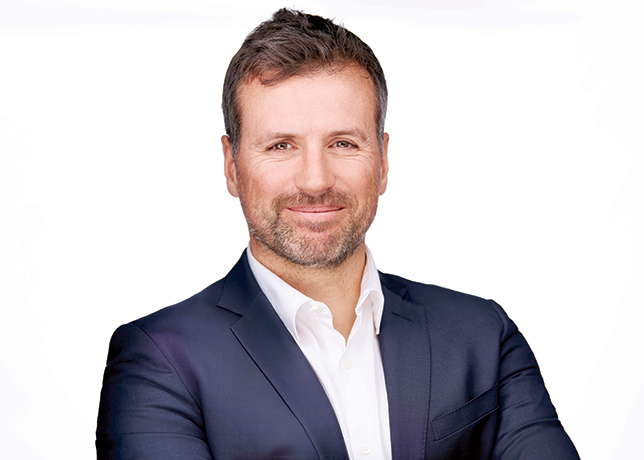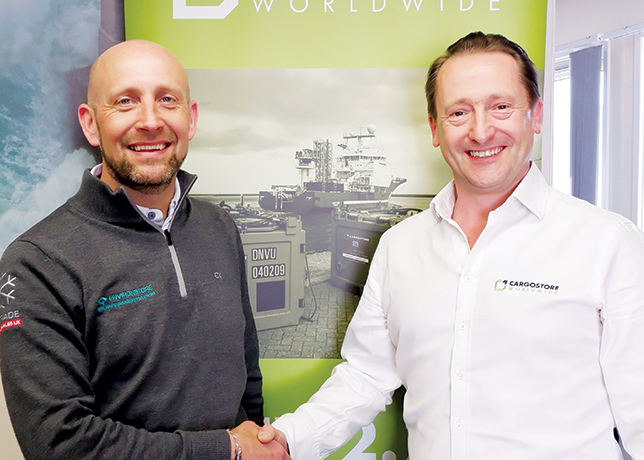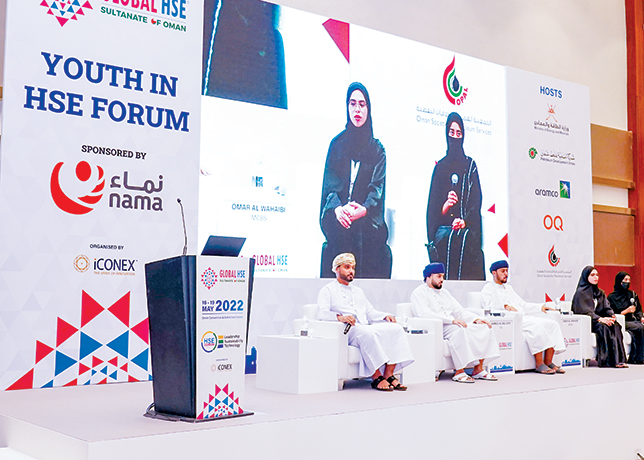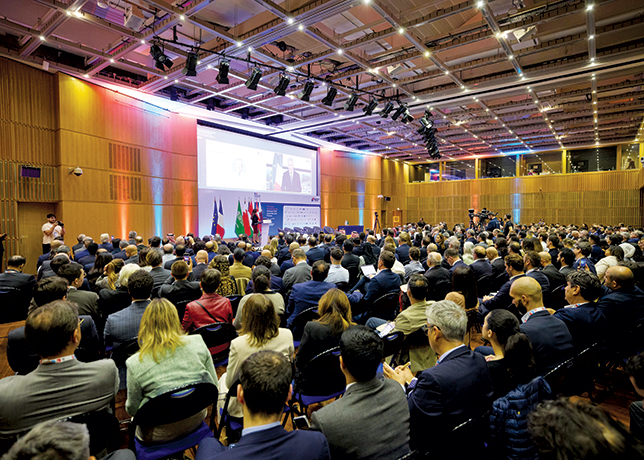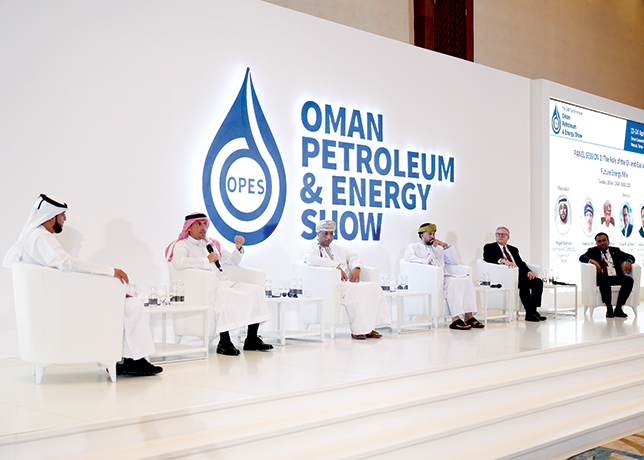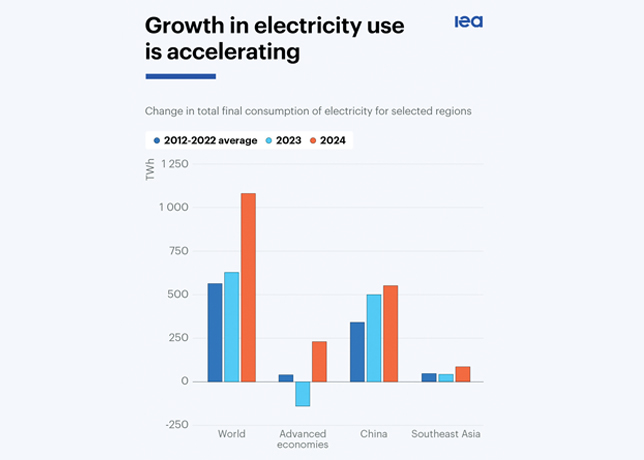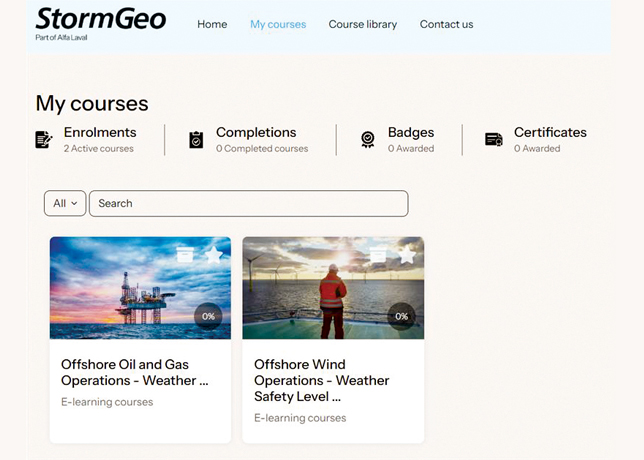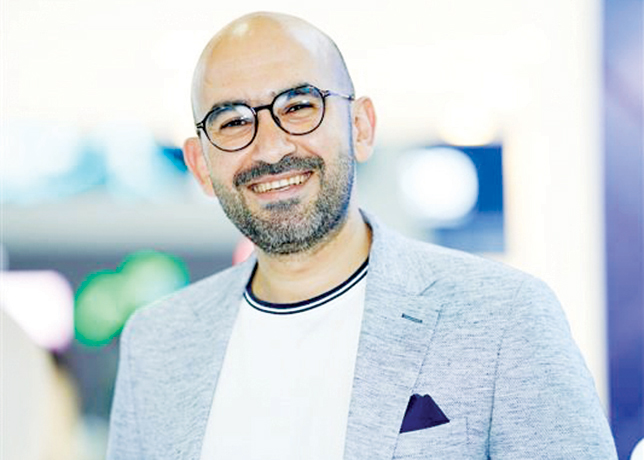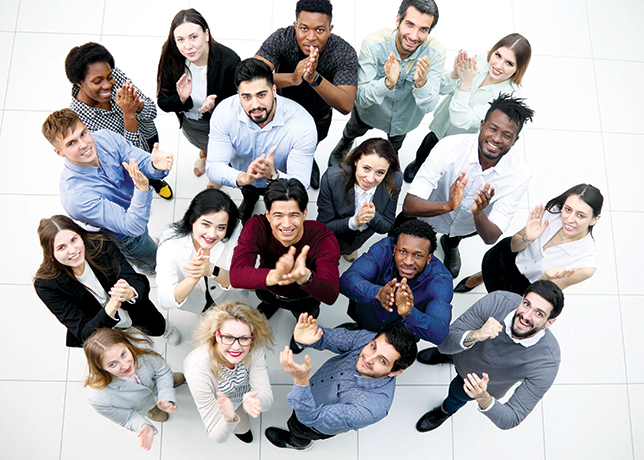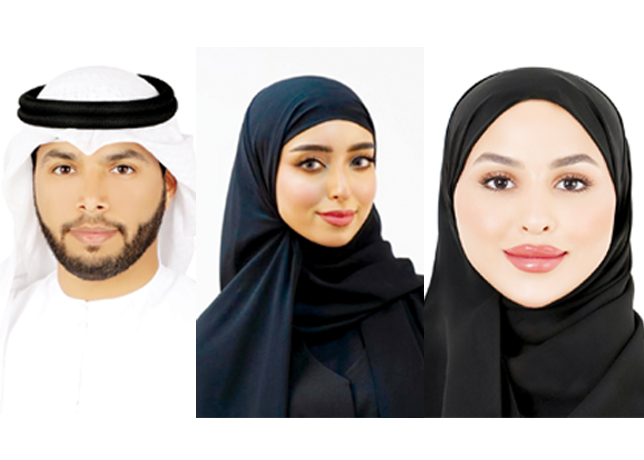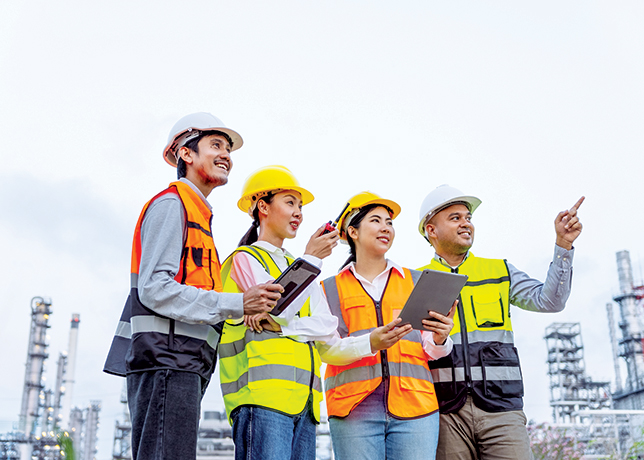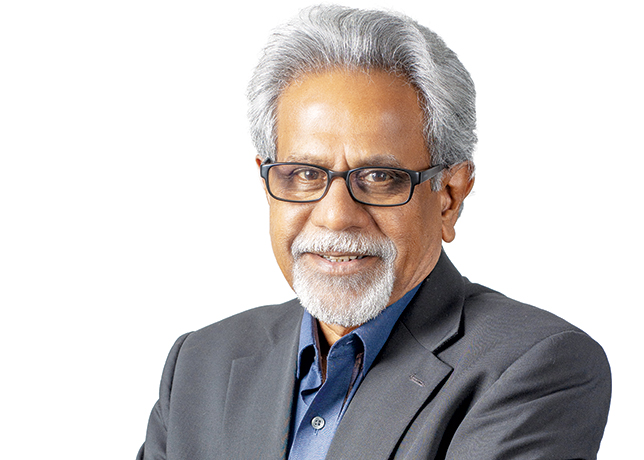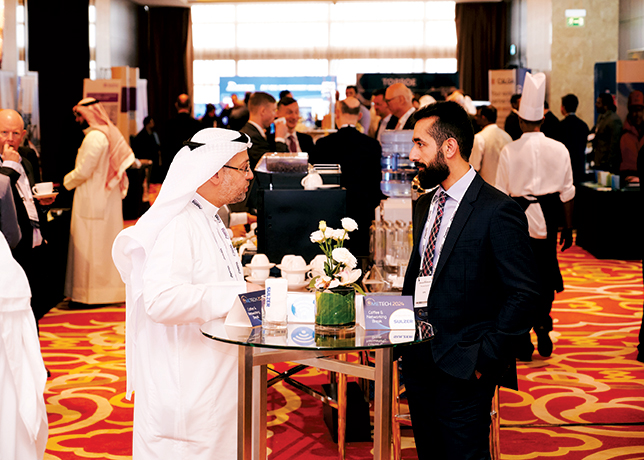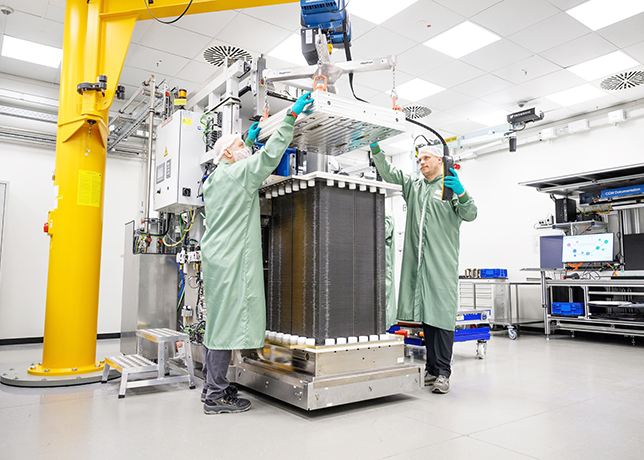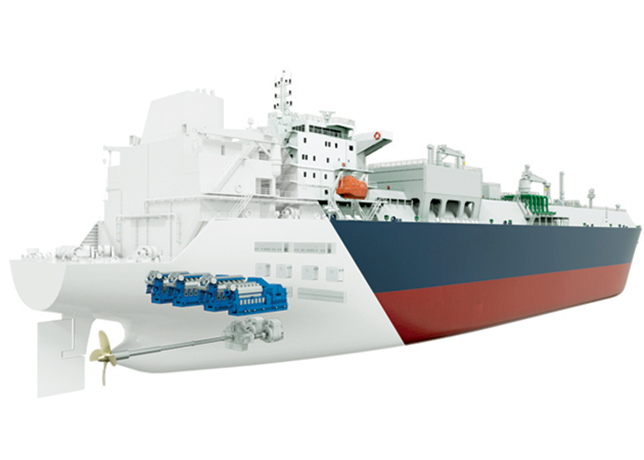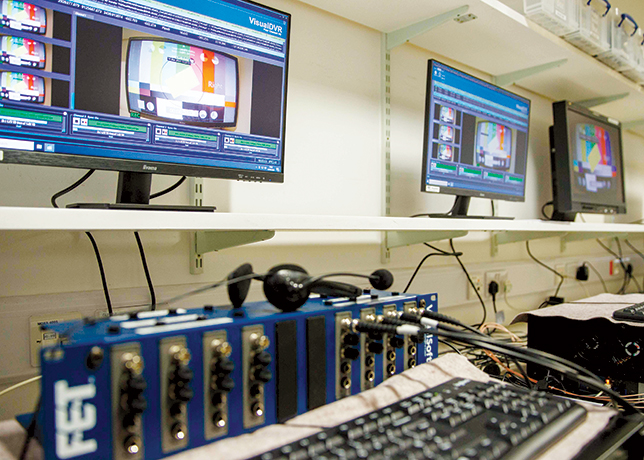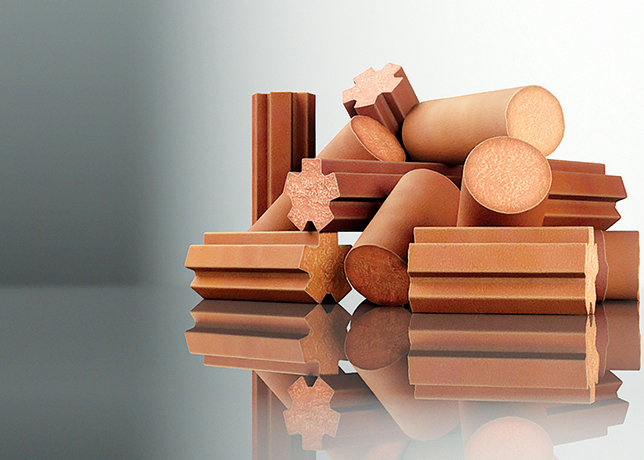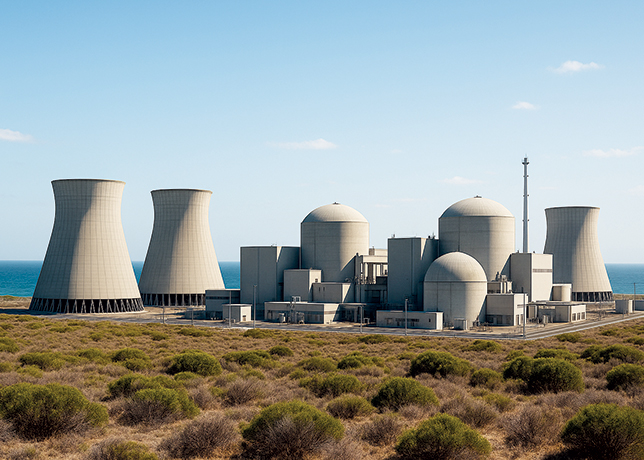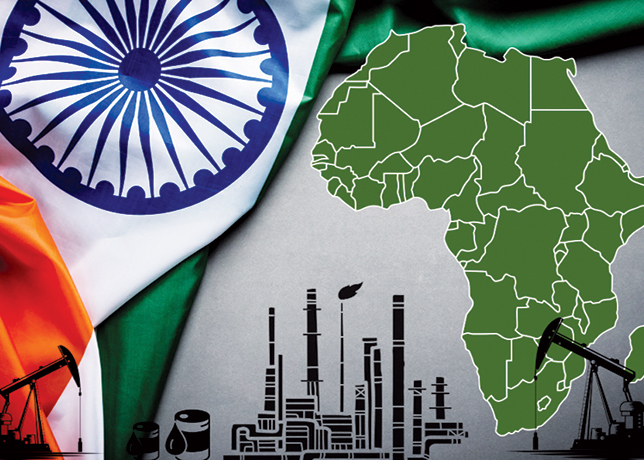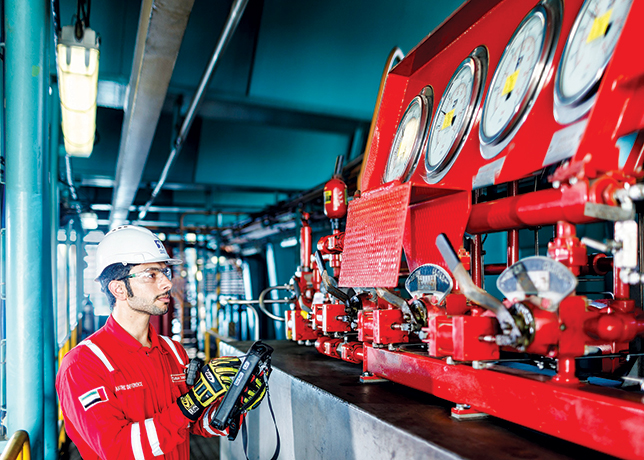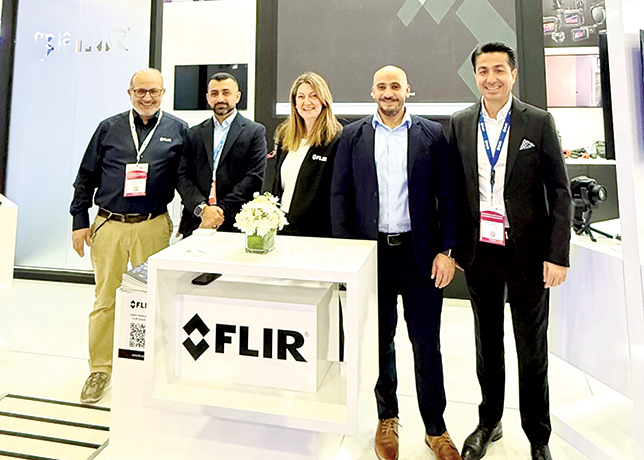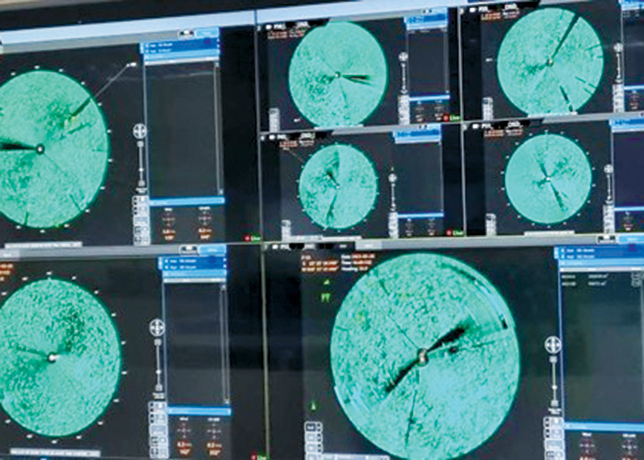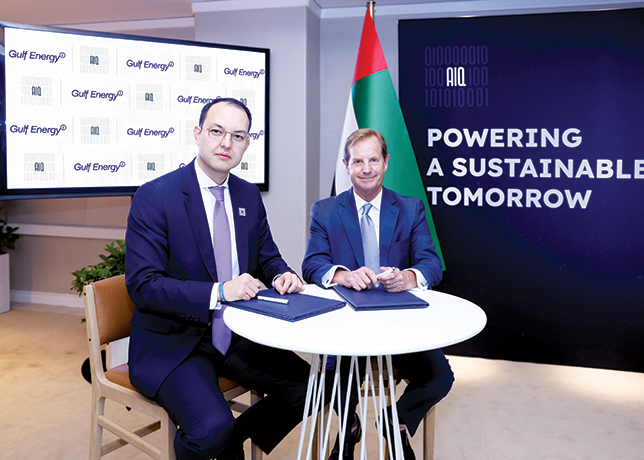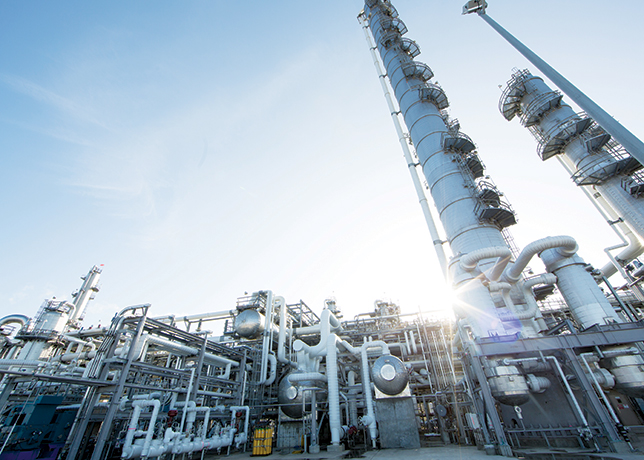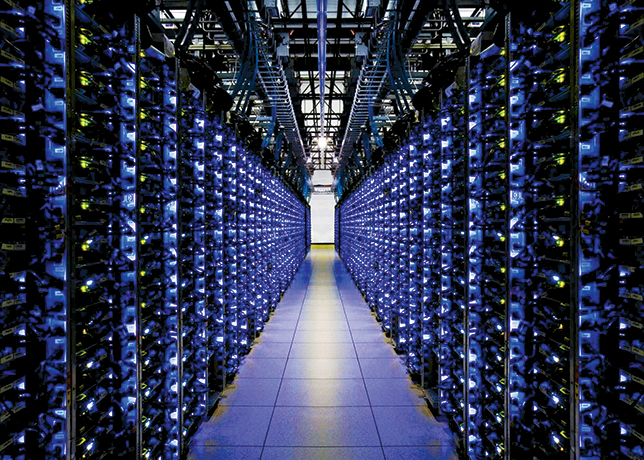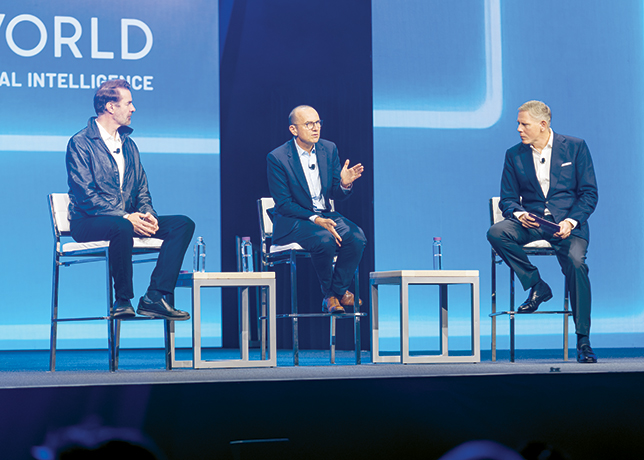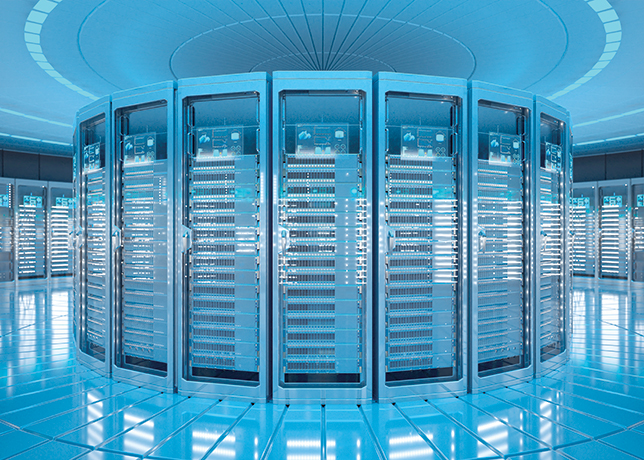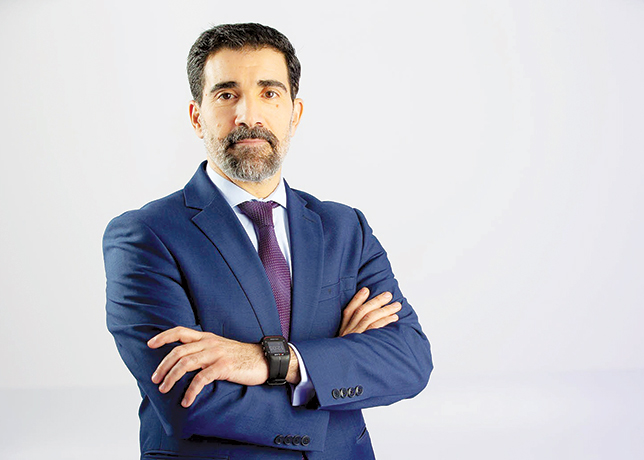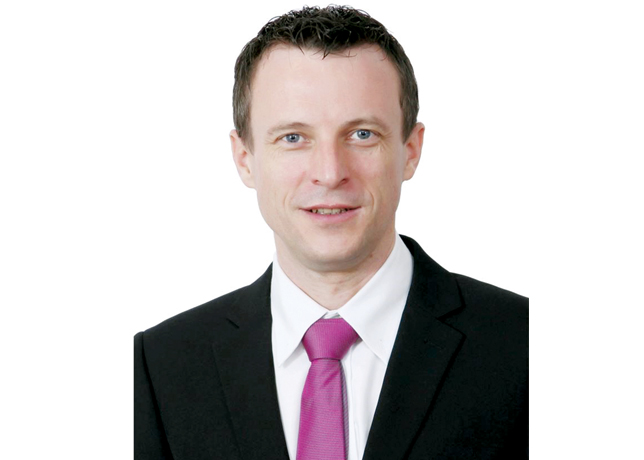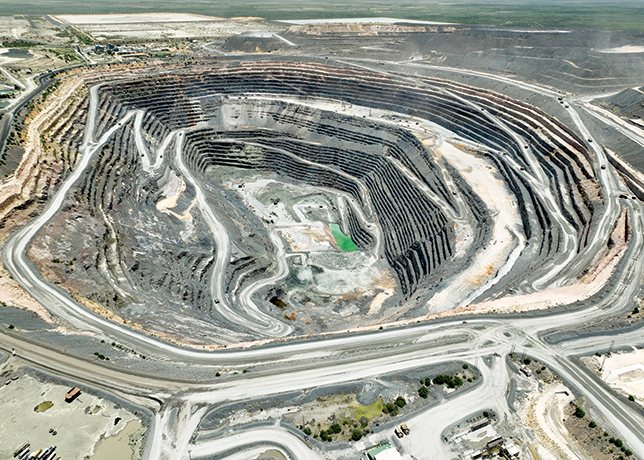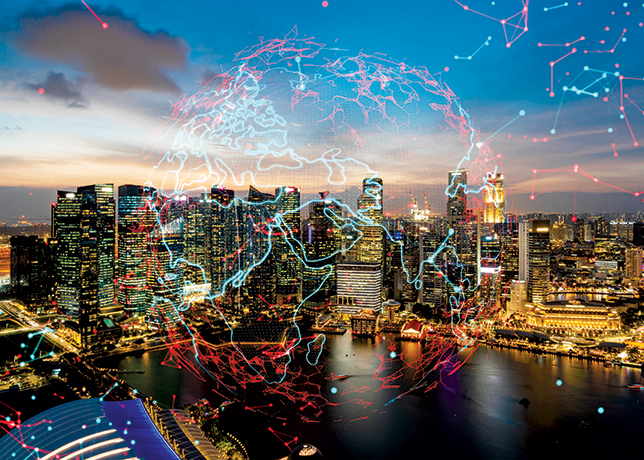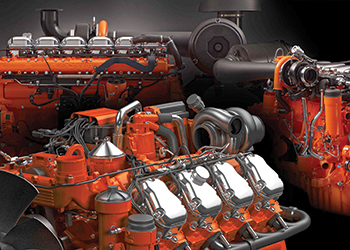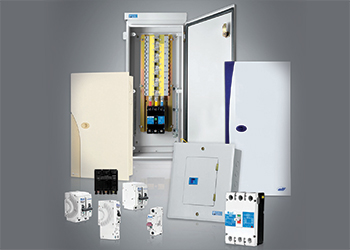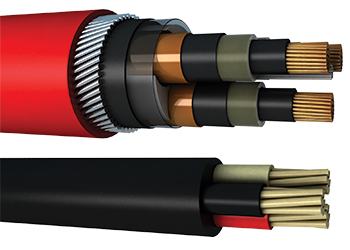
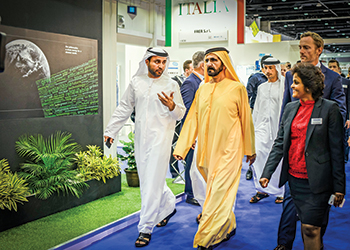 His Highness Sheikh Mohammed bin Rashid Al Maktoum touring a previous edition of MEE
His Highness Sheikh Mohammed bin Rashid Al Maktoum touring a previous edition of MEE
Across the GCC some $316 billion of investment is needed in the power sector by 2020, ANITA MATHEWS, group director, Informa Industrial Group, organiser of Middle East Electricity 2017, tells K S SREEKUMAR
The power construction industry in the Middle East is expected to register robust growth with the UAE, Saudi Arabia and Kuwait being attractive markets for power plant opportunities, as they increase generation capacity to cope with future population growth, says Anita Mathews, group director, Informa Industrial Group, organiser of Middle East Electricity 2017 to be held in Dubai from February 14 to 16.
Across the GCC it is estimated that $316 billion of investment is needed in the power sector by 2020, and so reform efforts will open up the power sector for private investment in generation, transmission and distribution, Mathews tells OGN in an interview.
The GCC power construction contractor awards are also set to increase from $22.3 billion in 2016 to $25.52 billion in 2017. Saudi Arabia is expected to register the highest contractor awards in 2017, at around $12.349 billion, an increase of over 50 per cent from its 2016 award value.
Elsewhere in the GCC, the value of power construction contract awards will also significantly increase in Bahrain, Kuwait and Oman. The GCC countries are also set to invest $252 billion over the next five years in projects for setting up new power production plants, distribution systems, and supply grids, she says.
With further advancement in technology, reduction of prices and clean technology, solar power is going to experience phenomenal growth and could soon be the preferred source of energy in the Middle East region.
Over the past year, we have seen huge investment in renewables, with Dubai announcing the third phase of its record breaking Mohammed Bin Rashid Al Maktoum Solar Park and investment in other major solar projects in KSA and Kuwait. It seems clear that this is a trend set to continue as nations in the Middle East strive to reduce their carbon footprint and increase generation capacity.
As mentioned above, with an approximate $316 billion investment needed by 2020 to meet power needs in the GCC, this year has seen a great deal of planning for the future and rising populations and demand. The introduction of Independent Power Producers (IPPs) in the GCC has been instrumental in meeting rapidly rising electricity demand. Oman was the first country to open up its power-generating sector through reforms and reform efforts are currently underway to achieve the same in the other GCC countries, she says.
Excerpts from the interview:
What will be the highlights of Middle East Electricity 2017, one of the longest standing exhibitions in the history of the UAE’s event calendar?
Middle East Electricity was first launched in 1975, when it was held in a tent on the banks of Dubai Creek. The show now boasts over 62,000 sq m of exhibition space and over 20,000 visitors per year from across the world. It has seen the region’s power industry grow into one of the most innovative and advanced in the world, and many of our largest exhibiting companies have grown with us. We strive to create an event each year which helps the industry to move forward and develop, with new features, exhibitors and ideas on display, and this year is no exception.
 |
|
Mathews ... the power sector needs more investments |
The theme for this year’s Middle East Electricity is ‘Smart Cities’, an idea that has become a huge focus within the industry and will be one of the goals driving future growth. Dubai Municipality are partnering with this year’s Middle East Electricity on the Smart Cities theme. They are currently working on a Smart City goal and will use Middle East Electricity 2017 to update the industry on their progress. This will be the topic of one of the various conference streams taking place alongside the exhibition and the event will also feature a showcase of the newest in smart technology in our ‘Smart Cities Innovation Zone’.
The Middle East Electricity Awards will take place on the second evening of the event and will celebrate outstanding individuals, teams and organisations in power. The focus this year will be on smart products and projects across the industry, alongside awards made to some of the industry’s rising stars.
Solar Middle East will once again run alongside Middle East Electricity, as the region’s largest event dedicated to the solar industry. This event has continued to go from strength to strength since its inception four years ago and now features over 130 exhibitors. 98 per cent of those who visited last year say that it is now essential or important to their business. Solar Middle East will also feature its own conference programme, ‘The Solar Agenda’, technical seminars and CPD certified professional workshops.
What has been the tangible outcome from the show editions over the years? Business-wise how did it fare last year?
Middle East Electricity is a key event for everyone with a business interest in the power industry, with thousands of visitors from across the world converging in Dubai each year. Last year’s Middle East Electricity was attended by 20,798 unique visitors from 130 countries. 59 per cent of visitors sourced a new supplier at the show and 6 per cent actually confirmed an order on site.
What are the new things that you have added to the 42nd edition of Middle East Electricity compared with the previous edition?
In keeping with our ‘Smart Cities’ theme, this year sees the creation of the ‘Smart Cities Innovation Zone’. Organisations such as ABB, Siemens and Huawei have already signed on to take part, and will be showcasing their latest advancements in smart technology via an interactive product space on the show floor.
We are striving to make this year’s show more accessible than ever, with a segmented floorplan, making it far easier for visitors to connect with the companies they need to meet. Guided product tours will be offered for the first time to ensure our visitors can make the most of the event, introducing them to the best suppliers of cables, switchgear and panels, transformers and energy management systems.
In response to feedback from last year’s event we have also created improved networking opportunities. We will be running a VIP Meetings Programme for our exhibitors to meet with representatives from utilities and municipalities across the Mena region as well as our B2B Meetings Programme. This will facilitate our exhibitors in making essential connections across the industry and the region.
What will be the main themes and topics of discussion at the conferences held in tandem with the exhibition? How will companies and organizations in the power industry benefit from participating in the show?
Our conference programme on ‘Energising the Smart City’ will cover a wide range of the challenges and opportunities around providing innovative urban energy solutions, from regulation to alternative materials. This will feature a Q&A with H.E Suhail Mohamed Al Mazrouei, the UAE Minister of Energy, a discussion on how cities can become 100 per cent sustainable with Habiba Al Marashi, the Chairperson of Emirates Environmental Group (EEG) and President of Arabia CSR Network and much more. Attendees can use this opportunity to learn more about the UAE’s plans and policies for making cities smarter as well as staying up to date with the latest innovations.
 |
|
A view of a previous MEE exhibition |
The Consultants Arena will see engineering consultants discuss key concepts and regulations such as projects management tools and the UAE’s green guidelines and regulations. Speakers include Holley Chant, Executive Director Corporate Sustainability at KEO International Consultants, who will be discussing zero carbon projects and Abdulmajid Karanouh, Director & Head of Innovation Design, Facades & Sustainability at Ramboll, speaking on context inspired innovation. This will also give our exhibitors more opportunity to network with world-class consultants.
Finally, the Solar Agenda will look at the Middle East’s expanding solar market, opportunities on offer and how to take advantage of them. In a series of panel discussions featuring speakers from organisations including Terra Sola, DuSol, EY and the Government of Dubai, this conference will cover investment and financing of solar projects, including Islamic finance, manufacturing solar equipment in the GCC and solar testing and standardisation. This discussion of key concerns and opportunities within the industry will be essential for anyone hoping to better understand the solar market in the Middle East.
What key players and exhibitors from the region’s Power industry are expected to participate at the event?
The event is hosted by the UAE Ministry of Energy and also supported by our strategic partners, Dubai Municipality and the Environmental Centre for Arab Towns, and our Smart Utility partner, Sharjah Electricity and Water Authority.
Over 1,500 power companies will exhibit, including key players such as Siemens, ABB, Cummins, Panasonic and MTU/Rolls Royce. MEE also welcomes many new exhibitors to this year’s edition, for example engine and generator manufacturer Isotta Fraschini Motori and innovative lighting product and solution provider Ledvance.
We will also welcome many top engineering consultants to speak at the brand new Consultants’ Arena. Speakers from top companies in this field including Arup, Mott MacDonald, Ramboll and KEO will discuss the latest guidelines and regulations regarding manufacturing and building codes in the Middle East.
What prominence will be given to Lighting, which has been one of Middle East Electricity’s fastest growing sectors for a number of years?
Since its inauguration in 2014, the Lighting Hall at Middle East Electricity has grown into one of the most popular areas of the exhibition. Now covering an area of 4,356 sq m, it is the newest and most exciting platform in the Middle East for international companies to present their technologies and innovations to the regional industry.
This year the Lighting Hall will feature over 120 manufacturers and distributors of lighting products, including Opple Lighting, Ledvance, Dialight, TCI Telecomunicazioni Italia and Al Babtain Power and Telecommunication.
For the first time this year, there will also be technical seminars dedicated to Lighting taking place at the event. In addition to this, the Middle East Electricity Awards will this year honour the best products and projects in Smart Lighting from across the industry.
How will the show promote the role of sustainable energy solutions?
Middle East Electricity is co-located with Solar Middle East, the region’s largest event dedicated to the solar industry. The decreasing cost of solar power generation and technological advances are making this sector a very attractive option for utilities in the region, and this sector is growing rapidly. This year’s event will also feature free to attend, CPD certified, professional workshops, running on site at the event and a comprehensive technical seminar programme.



